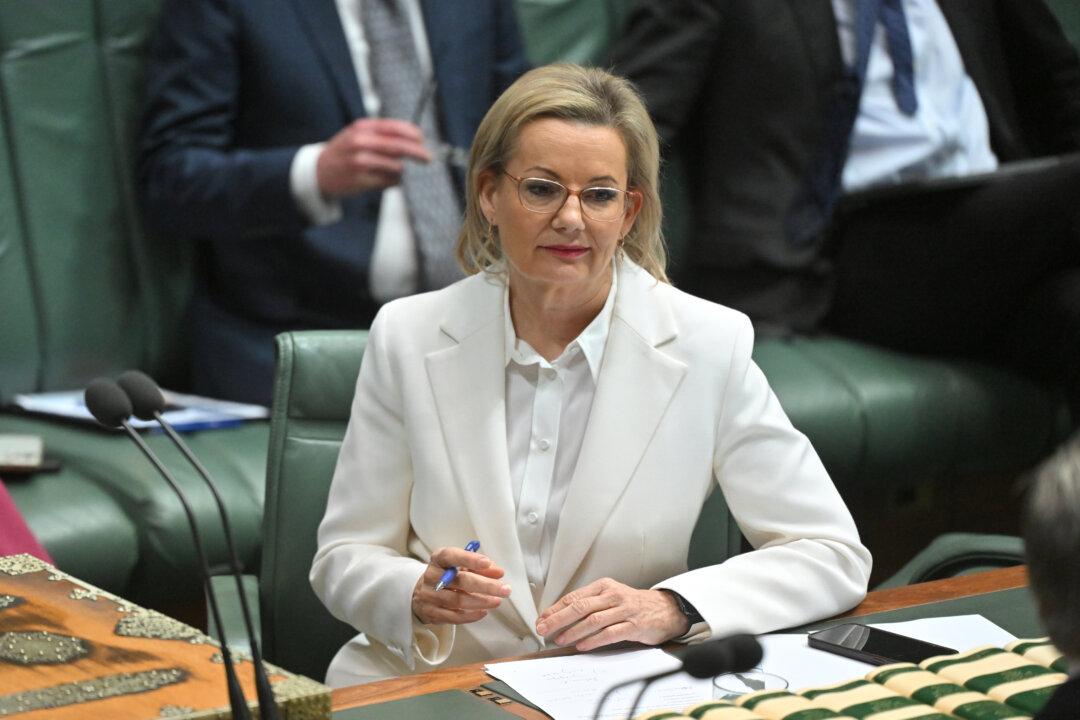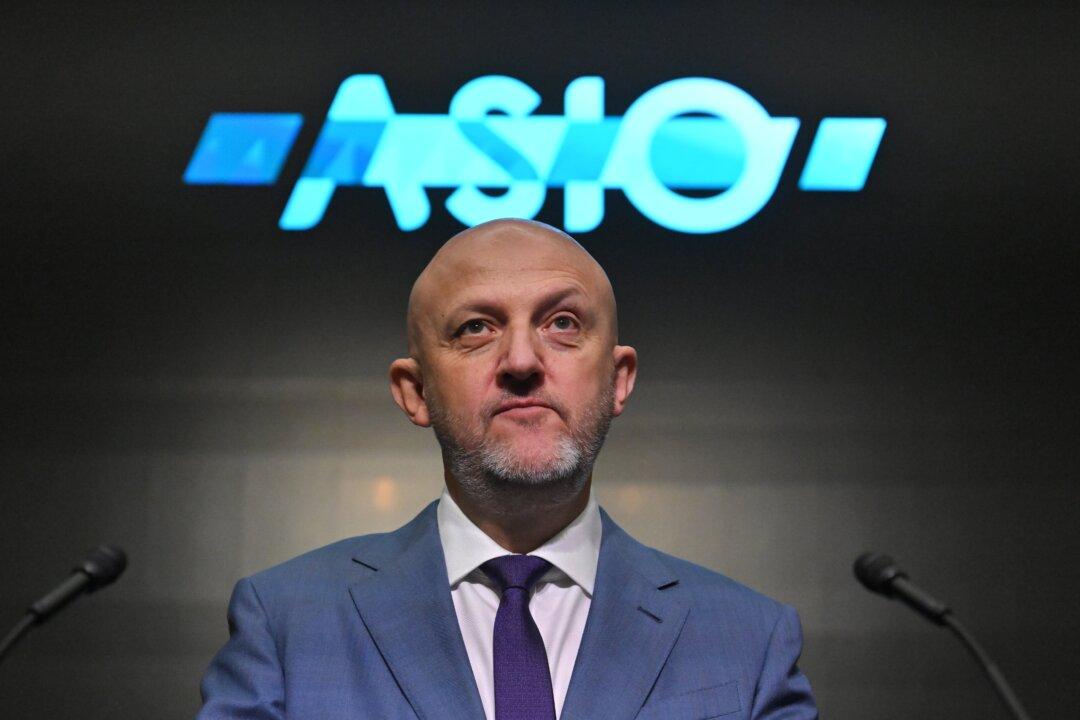Prime Minister Anthony Albanese has used his first national address to the U.N. General Assembly to call for stronger global action on climate change and defend Australia’s recognition of Palestine—framing both as moral obligations that flow directly from the U.N.’s founding charter.
He began with why the institution exists: “To work together for a better peace.”
The U.N., he said, was never meant simply to contain war but “to create the conditions for peace, to provide a framework for settling our disputes, to foster the dialogue that enables us to manage our differences and deepen our understanding.”
Warning that no single power could guarantee global security, Albanese said that peace must be shared work.
“Peace is both our common cause and our collective responsibility,” he told delegates, tying Australia’s regional diplomacy to the U.N.’s broader mission.
Climate Action as Security Imperative
Albanese put climate change at the heart of his global agenda, describing it as both an environmental and security threat.
“As a continent home to some of the greatest natural treasures on the planet, and as a nation blessed with critical minerals, skills and sunlight and space to power the global shift to net zero, Australia is acting to meet the environmental challenge of climate change, while working to seize and share the economic opportunities of renewable energy,” he said.
The prime minister reiterated Australia’s commitment to cut emissions by 43 percent by 2030 and between 62 and 70 percent by 2035.
“We are honouring our commitment to the Paris Agreement and its goal of keeping global temperatures below dangerous levels,” he told the chamber, adding the targets were “ambitious, but importantly, achievable.”
He argued that clean energy could dissolve what he called the “false choice between economic growth and environmental responsibility,” pointing to opportunities for Indo-Pacific nations to industrialise and decarbonise at the same time.





